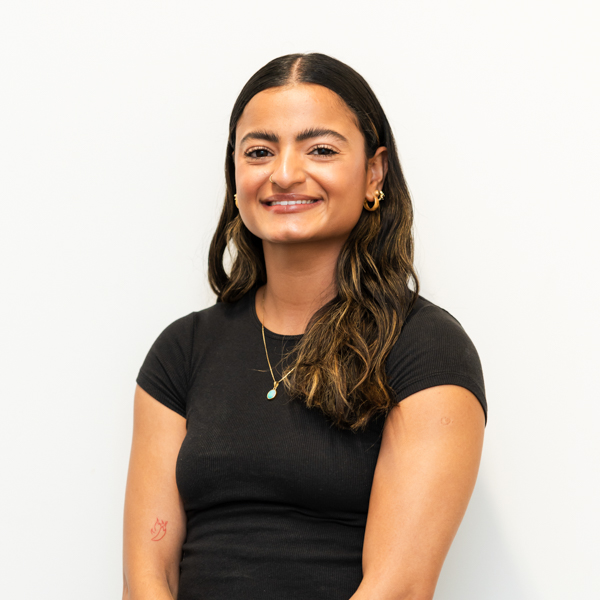What drove you to choose a career in your discipline?
Growing up I was always very indecisive (unfortunately I still haven’t grown out of this) about what I wanted do when I got older, but I always knew that I ultimately wanted to help others and make a difference in people’s lives.
This indecisiveness led to me applying to many different courses for university but eventually what led me to OT was the emphasis and passion we place on understanding the people we work with holistically, and helping them to do the things that make them happy, are meaningful to them and ultimately help them thrive!
Do you have any special interest areas in therapy?
I’m constantly learning about all the different areas we as OTs can specialise in which is so fascinating, but I have always had a special interest in anything and everything to do with the brain and how this impacts our daily life. I also have developed a strong passion for working in the early intervention space, and general paediatrics to support children and their families to achieve their goals.
What’s your favourite part of your job?
This is a tough question to narrow down as I have so many parts of my job that I love and are so special to me. The culture we have at Superyou, and seeing and learning from my colleagues everyday, as well as developing strong therapeutic relationships with my clients and their families and seeing them achieve their goals makes me so happy.
Why did you join Superyou?
I was lucky enough to have the opportunity to complete my third-year university placement with Superyou and it was one of the best placements I had that I constantly reflect on. After that, Superyou always stuck with me and I knew it was the place I wanted to be to begin and develop my career.
What does Reimagining Therapy look like to you?
To me, Reimaging Therapy is about consistently approaching your service with a person-centered lens, in which the client is the expert on their life and their needs, and using this lens to deliver a holistic, individualised approach that may look different than traditional approaches. I believe it is also about placing an emphasis on the importance of interdisciplinary collaboration, as well as us as clinicians filling our own cups and looking after ourselves, so we can better support our clients to do the same.



